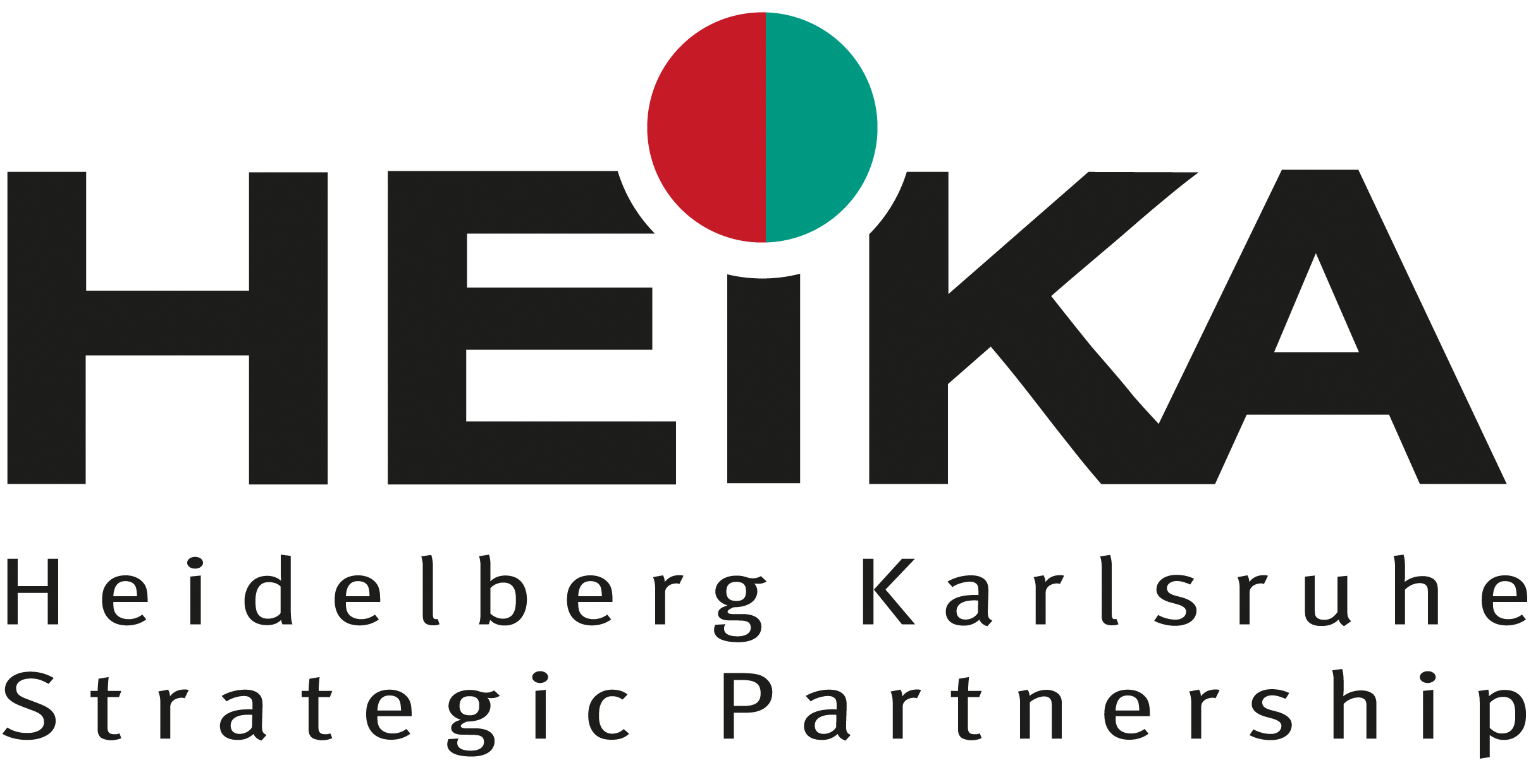The blood-brain-barrier (BBB) is crucial for the brain homeostasis by regulating and controlling the transport of nutrients and drugs from the blood stream into the brain. During the Heika project we have developed a microfluidic in vitro model of the human blood-brain barrier consisting of round, porous channel structures. Here we report a microfluidic in vitro model referred as BBB µ3DVasc for reconstruction of the BBB. It comprises human cerebral microvascular endothelial cells lining an artificial blood vessel surrounded by astrocytes and pericytes, which are the main cell types of the BBB. During the HeiKa funding period we could confirm the integrity of our model by measuring the expression and functionality of the major gate keeper proteins of the BBB such as tight junction proteins and efflux pumps. We could show a reduction of the proliferation and metabolic activity of the brain cells, which mimic more accurately the in vivo response than co-cultures maintained in conventional 2D-cell culture or rectangular microfluidic channel systems. Importantly, the transport activity of P-gp was proved by a P-gp-transport assay. We could reconstitute a BBB in vitro model based on a direct contact of human primary cells that is not only characterized by the tightness of the endothelium but also by the correct function of the efflux pumps.
Forschungsbrücken
Laufzeit
-
Institut für Pharmazie & Molekulare Biotechnologie
University of Heidelberg
Institute of Functional Interfaces (IFG)
Karlsruhe Institute of Technology

